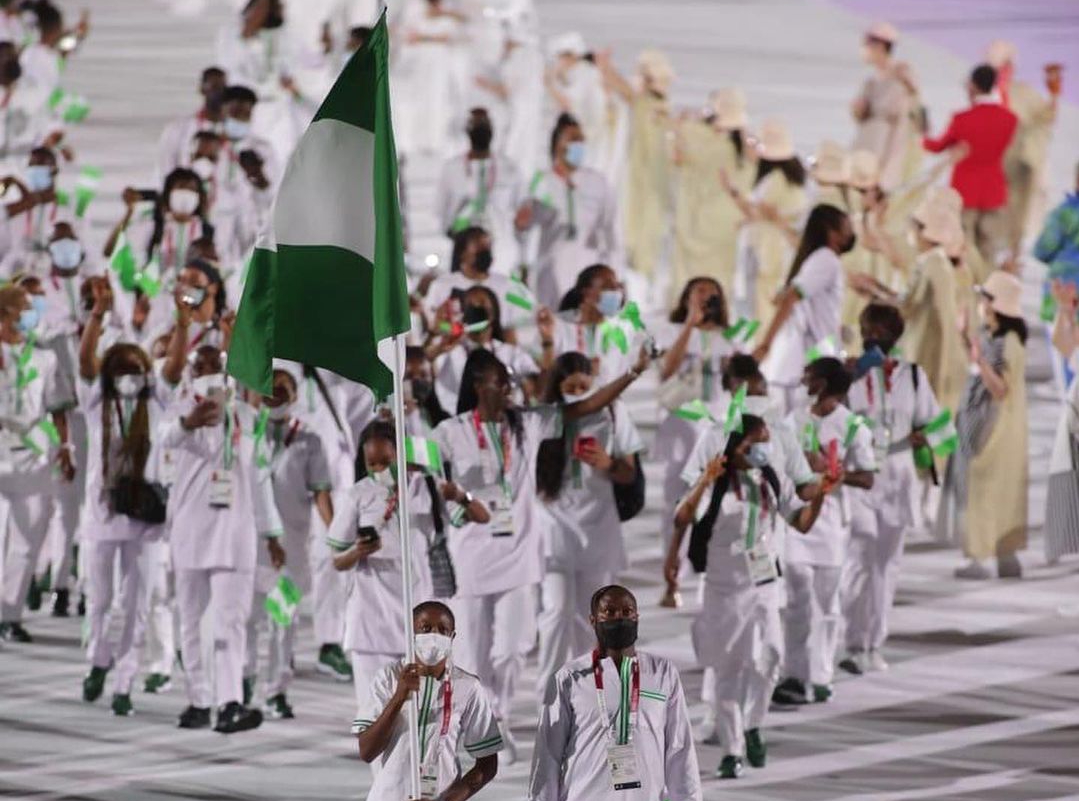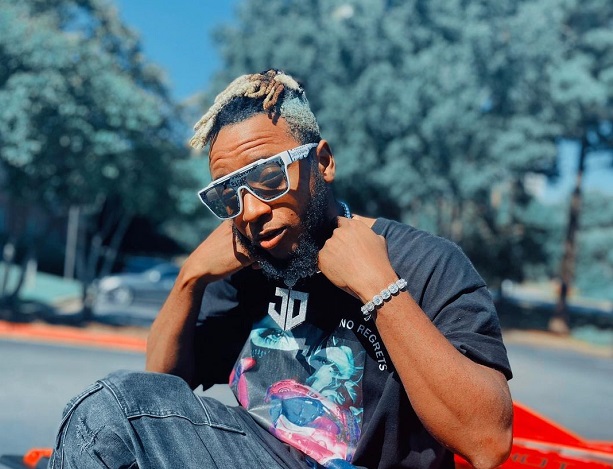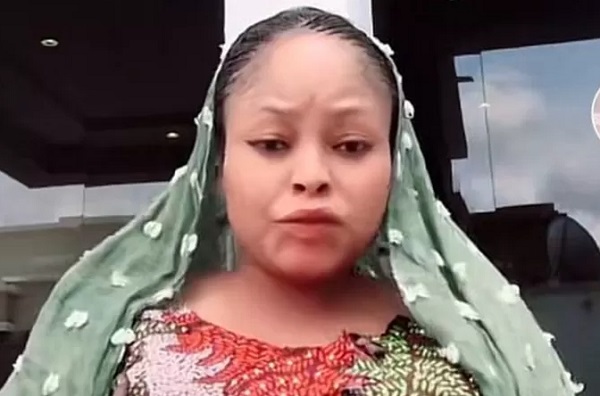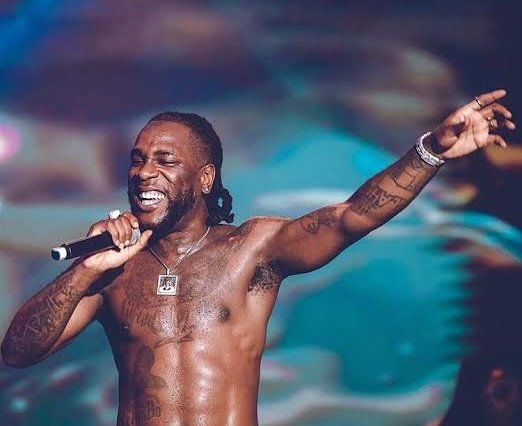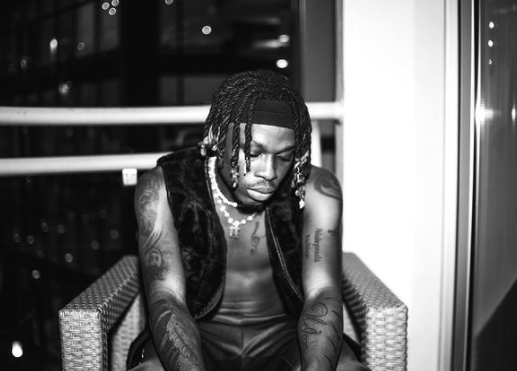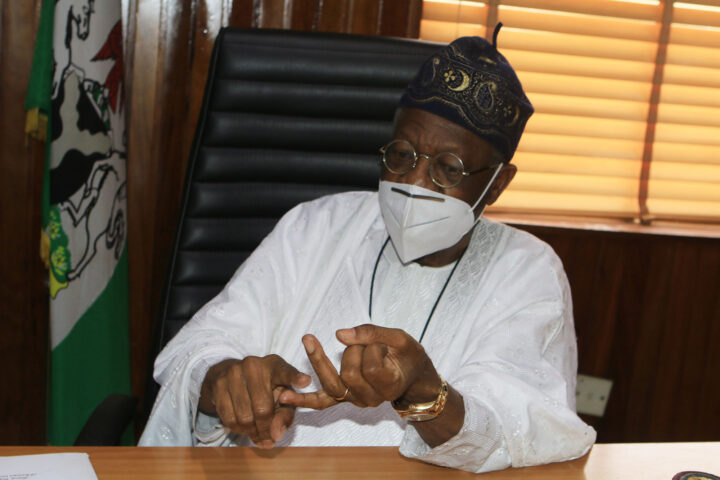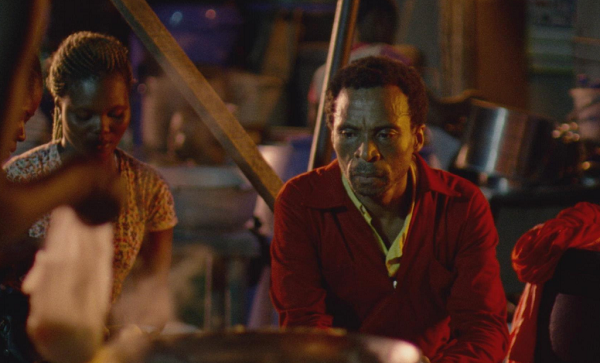BY TOYIN IBITOYE
When 2021 burst onto the scene, the world was still staggering out of the bad dream that the Covid-19 pandemic forced on it in 2020.
The globe had taken a bad hit and everyone was not sure of what the recovery process would be like or how long it would take.
Many public health commentators even warned against the expectations that things would ever get back to normal or as they were before the pandemic. With so many doubts and uncertainties in the air, the future looked bleak.
Advertisement
In sports, the fears were more pronounced and widespread. International competitions were either being cancelled outright or being put on hold. Everyone looked to the year 2021 not sure of what it would offer.
In Nigeria, the situation was not different. With some aspects of our national life and sectors opening up to economic activities, sports remained closed.
Twelve months down the line, however, sports enthusiasts and followers can look back, with huge sighs of relief at some of the positive happenings in Nigerian sports in 2021.
Advertisement
Here is a list of some positive events for Nigeria in the outgoing year.
1. National Sports Festival (Edo 2020)
After a series of postponements owing to the Covid-19 pandemic, the National Sports Festival (Edo 2020) was held between April 4 and 15, 2021.
Strict adherence to the Covid protocols meant some of the economic activities outlined for the games by the host state and some of the programmes scheduled by the Federal Ministry of Youth and Sports Development had to be cancelled.
Advertisement
At the end of the festival, there were some positives to highlight.
About 14,000 athletes from all the states of the federation, including the Federal Capital Territory, participated. There was not a single positive case of Covid-19 reported all through the competition.
The Federal Ministry of Youth and Sports Development also proudly reported the emergence of some of the youngest athletes ever to participate at the National Sports Festival.
Chess had two seven-year-old whizkids, Nadodo Ayongo from Benue State and Adesewa Adeniran from Gombe State. Anambra had Stephanie Onusiriuka, a nine-year-old gymnast and the Federal Capital Territory had 13-year-old Iyene Essien, a golfer.
Advertisement
The Edo State Government could also proudly display its world-class gymnasium and indoor sports facilities.
Both the Edo government and the Federal Ministry of Youth and Sports Development deserve commendation for pulling the National Sports Festival through.
Advertisement
2. Tokyo 2020 Olympics
Up until the final week of the Olympic Games, there were reports and apprehension it could be called off. Even on the eve of the opening ceremony when some events had commenced, dark clouds still hung over the games.
Advertisement
Although it eventually continued without fans and spectators, it was still an enjoyable Olympics, one the organisers could be proud of.
For Team Nigeria, there was a slow start, then a series of unpleasant happenings. Some of our athletes were declared ineligible to compete because of mix-ups in Out of Competition Testings (OCTs), a star athlete got disqualified after failing a drugs test while another false started in a race and it looked like the world was crumbling on Team Nigeria.
Advertisement
At the end of it all, Nigeria ended up with her best Olympic outing, in terms of medals won, in thirteen years. A silver in wrestling and a bronze in long jump ensured Team Nigeria did not return from Tokyo empty-handed.
It is noteworthy that in the build-up to the Games, the Federal Ministry of Youth and Sports Development launched an ‘Adopt an Athlete’ campaign.
For the first time in history, about 22 athletes, including the basketball teams (men and women) were adopted, representing about 50% of the Team Nigeria contingent. They were adopted by corporate partners, state governments, good-spirited philanthropists, and individuals.
The athletes, both home and foreign-based, got between $10,000 and $20,000 to help with their trainings and preparations for the Olympics.
The success of this Initiative is making the sports ministry consider extending it to the preparations towards the 2022 Commonwealth Games and the 2023 Africa Games.
3. Paralympic Games 2020
Team Nigeria went to the Paralympics in Tokyo with the smallest contingent ever but still ended up with an impressive haul of ten medals – four gold, a silver, and five bronze medals.
The preparation of the team was also badly hit by the pandemic.
However, the Federal Ministry of Youth and Sports Development made the Games the most memorable for the Paralympians and their coaches in terms of welfare and cash rewards.
The camp allowances and bonuses were tripled and the athletes got between $3,000 and $15,000 for their efforts. These monies were paid directly into their accounts.
Some of the athletes would later reveal that they had never felt more valued or special while representing Nigeria. They are already looking forward to the Commonwealth Games in Birmingham.
4. Creation of Para Sports Department in the Sports Ministry
The creation of the Para Sports department in the Sports Ministry was a major achievement in the outgoing year.
According to the Sports Minister, Sunday Dare, this move will give para-sports equal opportunities to thrive.
The creation was done in collaboration with the Office of the Head of the Civil Service of the Federation (OHCSF). This new department will be solely responsible for both the National Sports Festival and Para Sports.
Given the pedigree of Nigeria’s para-athletes globally, the successes and honour they have brought the country, this should be celebrated and the Sports Ministry given a pat on the back for making it happen.
5. Pinnick’s FIFA Council seat
The President of the Nigeria Football Federation (NFF), Amaju Pinnick, got elected as a World Soccer Governing Body (FIFA) Council member in March 2021. The victory also ensures he keeps his place in the Confederation of African Football (CAF) Executive Committee.
The following gives Nigeria a strong voice in the comity of football powerhouses, not only in Africa but also globally.
It did not come as a surprise, therefore, that the FIFA President Gianni Infantino and his CAF counterpart Dr Patrice Motsepe were guests of President Muhammadu Buhari during the inaugural edition of the Aisha Buhari Cup, an invitational tournament to help with the development of women football in Africa.
6. World Athletics U-20 Championships in Kenya
Nigeria’s U-20 athletes put up a remarkable and historic feat at the World Athletics U-20 Championships in Nairobi, Kenya. Team Nigeria finished in third place behind hosts Kenya and Finland at the end of the competition attended by 166 countries.
Team Nigeria won four gold and three bronze medals to earn the country her best-ever finish in the history of the championships.
Before now, Nigeria’s best placing was seventh at the 1990 edition in Plovdiv, Bulgaria where she won two gold, two silver, and two bronze medals.
The feat of the U-20 athletes caught the attention of President Muhammadu Buhari, who described it as the dawn of greatness for the Nigerian youth in sports.
7. National Youth Games
The National Youth Games (NYG) is a key programme of the Grassroots department in the Federal Ministry of Youth and Sports Development.
As was the case with the National Sports Festival, the Covid-19 pandemic cast huge doubts on the competition. There were pressures from many quarters that the Games be put on hold or cancelled altogether. But the Sports Minister, Sunday Dare, stuck to his guns because of the opportunities it would afford the young talents that abound in the country. Dare’s insistence paid off and the National Youth Games was held in Ilorin, Kwara State.
After some initial organisational difficulties, it stabilised and turned out well.
The highlight of the Games is a certain Akinwowon Oladeji, a deaf boy from Lagos State, who won the 100m, 200m and 400m events.
8. Exploits in Table Tennis
2021 was a year of massive exploits for Nigeria in Table Tennis, both in administration and in the ping pong hall. For the first time in history, one country, which is Nigeria, produced four persons elected into the boards and commissions of the International Table Tennis Federation (ITTF) at their congress held in Houston, Texas in November.
Barrister Wahid Enitan Oshodi got elected as Executive Vice President and then got elevated to Deputy President status because he got the highest number of votes among the vice presidents. CP Anderson Bankole got elected into the Para Table Tennis Commission (PTTC).
Engineer Ishaku Tikon, the Nigeria Table Tennis Federation (NTTF) President, got elected into the Veterans’ Commission while Chief Banji Oladapo got elected into the Board of Directors.
In the ping pong hall, Aruna Quadri became the highest-ranked African player in history when he was ranked 13th in the World in November. He would however finish the year in 14th place.
Quadri also became the first African ever to play up to the quarter-finals of the ITTF World Championships in Houston, Texas and the World Table Tennis Finals in Singapore in November.
9. Moshood Abiola National Stadium, Abuja
After close to a decade of neglect, the Moshood Abiola National Stadium, Abuja got back to life in early December.
The Sports Minister’s ‘Adopt a Pitch’ initiative yielded this positive, heartwarming result through a Public-Private Partnership arrangement with Dangote Industries Group. The partnership led to the rehabilitation of the playing pitch, installation of two digital scoreboards as well as the cultivation of a nursery for the maintenance of the pitch for the next two years. Already, the process of getting FIFA and CAF certification for the pitch is ongoing.
The Nigeria Football Federation (NFF) has now made the stadium its first option for the Super Eagles ahead of the 2022 World Cup playoffs in March 2022.
The Sports Minister has also promised that the National Stadium, Surulere, Lagos and some other neglected sports edifices will be rehabilitated for the use of the nation’s athletes in 2022.
10. D’Tigress conquer Africa again
Nigeria’s national women’s basketball team, D’Tigress, conquered Africa for the third time in a row at the Afrobasketball Championships in Cameroon. The queens of the courts were so dominant at the championship where they took all their opponents to the cleaners.
The ladies would then be at the centre of agitations and demands for the payment of some of their outstanding allowances, owed since 2018.
The call for calm, patience and understanding, as well as the assurances by the Federal Ministry of Youth and Sports Development that all their requests are receiving attention and the payment of the ‘Adopt a Team’ allowances to the players, has helped a great deal in calming frayed nerves.
11. Bilateral agreements with Turkey, South Africa, quadripartite Cooperation with Egypt, Algeria and Ghana
Some of the most Innovative programmes of the Federal Ministry of Youth and Sports Development are the international cooperation and collaborations she forged with like-minded allies in 2021.
The governments of Turkey and South Africa signed development and exchange programmes for youth and sports with Nigeria when the heads of their governments made state visits to Nigeria. These programmes include exchange of ideas and technical support in the areas of sports development.
Also the Federal Ministry of Youth and Sports Development signed a quadripartite arrangement with Egypt, Algeria and Ghana along the same path.
In what was tagged the ‘Abuja Initiative’ during the celebration of the 40th anniversary of the Association of National Olympic Committees of Africa (ANOCA) in Abuja, the Sports Minister, Sunday Dare, initiated an agreement with the sports ministers of Egypt, Algeria and Ghana, which will hasten the development of sports across Africa.
12. N88B boost for sports development
One of the major landmark achievements for sports in Nigeria in 2021 is the Federal Executive Council’s N88 billion boost for sports development through the National Development Plan (NDP) for the next four years (2021-2025).
Under the former arrangement in the Economic Recovery and Growth Plan (ERGP), sports got zero budget. However, following the reclassification of sports as a business by President Muhammadu Buhari’s administration in 2020, there would be an injection of the N88 billion into its development. Consequently, the Federal Ministry of Youth and Sports Development will now be on the steering committee of the National Development Plan (NDP).
The Sports Minister is also initiating a National Sports Industry Policy (NSIP) that would have components of a business model in line with global best practices. All these are geared towards creating a conducive environment for sports to thrive in Nigeria.
The expectations are that the new year 2022 will present more possibilities and successes for Nigerian sports both home and abroad.
Ibitoye is the Special Assistant, Multimedia, to the Honourable Minister of Youth and Sports Development
